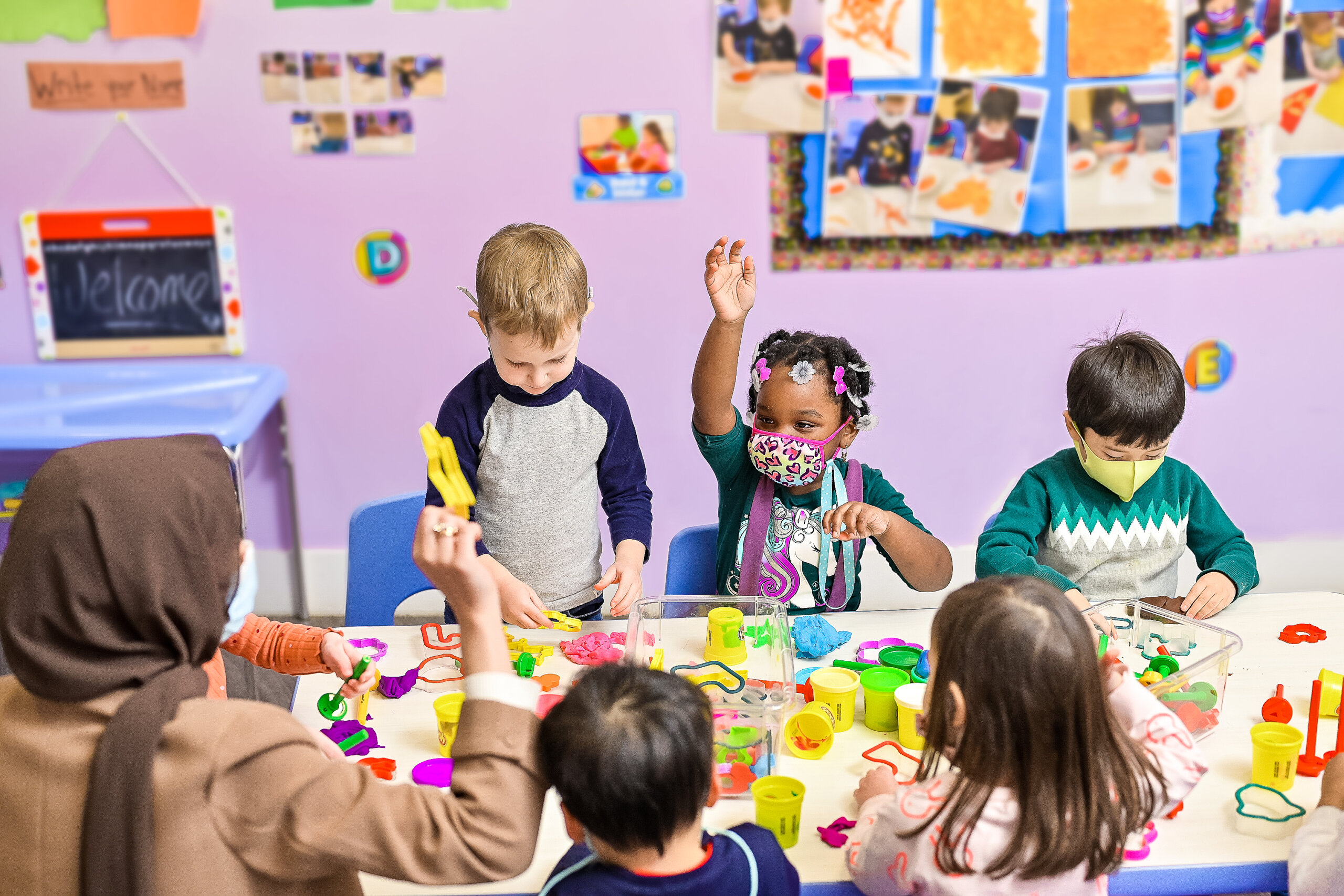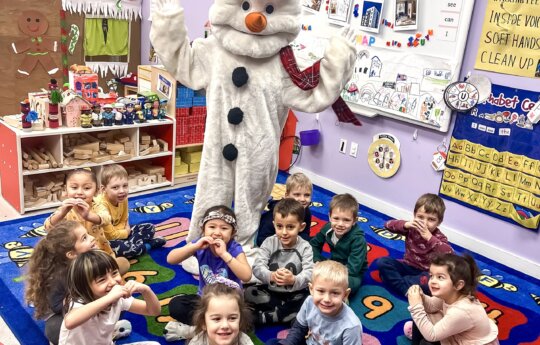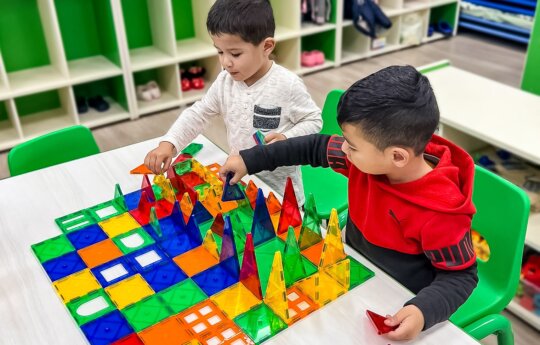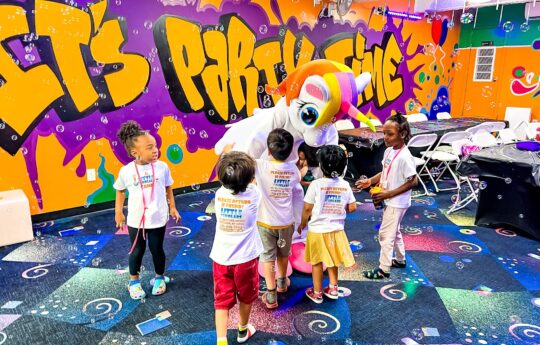
In the vibrant and exploratory stages of toddlerhood, sensory play for toddlers takes center stage in nurturing their burgeoning minds and bodies. At Little Scholars, we recognize the profound importance of sensory activities in molding young minds. Through thoughtfully designed programs, we facilitate toddler learning through play, ensuring a foundation brimming with curiosity and joy.
Understanding Sensory Play
The Basics of Sensory Play for Toddlers
Sensory play is the gateway through which young children explore and make sense of their world. It encompasses activities that stimulate a child’s senses: touch, smell, taste, movement, balance, sight, and hearing. This form of play is crucial in early childhood as it lays the groundwork for more complex learning tasks. At Little Scholars, we integrate early childhood sensory activities into daily routines, offering a rich tapestry of experiences for young minds.
The Importance of Sensory Activities
Unlocking the Potential of Toddler Learning Through Play
Why are these sensory-rich environments critical? Studies show that engaging the senses helps build neural connections in the brain’s pathways, essential for all learning areas. Sensory learning for young children is not just about play; it’s about constructing a brain architecture that serves as a robust base for academic and personal skills. Little Scholars embraces this philosophy, ensuring every child benefits from the joys and learnings of play-based learning for toddlers.
Enhancing Development Through Sensory Experiences
The benefits of sensory play are far-reaching, impacting various aspects of a child’s growth. At Little Scholars, we witness these transformations daily:
- Cognitive Growth: Sensory play fosters problem-solving skills and cognitive growth by encouraging children to use the process of investigation and discovery.
- Physical Development: Activities like scooping, pouring, and squeezing enhance fine motor skills, while larger play setups promote gross motor skills.
- Language Skills: As children describe their sensory experiences, they develop new vocabulary and improve their language skills.
- Social Interaction: Participating in group sensory activities helps children learn to cooperate, share, and develop social norms.
- Emotional Regulation: Sensory play can be incredibly therapeutic, helping children process emotions and sensory information in a controlled environment.
These points underscore why sensory experiences are integral to early childhood education, particularly in settings like Little Scholars.
Sensory Play Ideas for Toddlers
Creative and Engaging Activities at Little Scholars
Little Scholars prides itself on offering a variety of sensory play ideas for toddlers. Each activity is designed to captivate and stimulate young minds in a fun and educational manner. Some of our favorite activities include:
- Nature Exploration: Collecting leaves, sticks, and stones to explore textures and colors.
- Water Play: Using water tables for pouring, measuring, and understanding physical properties.
- Sensory Bins: Filled with rice, beans, or pasta, these bins allow for scooping, digging, and imaginative play.
- Playdough Creations: Encouraging creativity and fine motor skills, playdough is a staple for sensory exploration.
- Music and Movement: Using instruments and dance to explore sound and movement.
These activities not only bring joy but also serve as critical learning tools, reinforcing the concepts of sensory development in toddlers.
Sensory Play and Child Development
A Foundation for Future Learning
Understanding the link between sensory play and child development provides insights into how children learn and grow. Sensory experiences are not just about touching or tasting; they’re about engaging with the world in a way that forms the foundation for all types of learning. At Little Scholars, we harness these moments to foster sensory exploration for toddlers, ensuring that they are not just learning but thriving.
The Role of Parents in Sensory Play
Supporting Your Child’s Sensory Journey
Parents play a pivotal role in supporting their child’s sensory development. Here are some ways to continue the sensory journey at home:
- Create a Sensory Corner: Dedicate a space at home for sensory play. Include items like textured fabrics, scented objects, and colorful toys.
- Engage in Everyday Activities: Cooking, gardening, and even household chores can be sensory experiences. Involve your child in these activities to stimulate their senses.
- Observe and Interact: Pay attention to your child’s sensory preferences and dislikes. Engage with them in activities they enjoy while gently introducing new sensory experiences.
By integrating these practices, parents can significantly contribute to their child’s creative play in early childhood.
Conclusion
In conclusion, the benefits of sensory play in early childhood cannot be overstated. At Little Scholars, we are committed to providing rich sensory experiences through sensory stimulation for toddlers and hands-on learning for young children. We invite you to explore our programs and see firsthand how we nurture each child’s sensory journey towards a bright and successful future. Join us, and watch your child flourish in an environment where learning and play go hand in hand.
Related Insights
Creative Playtime: How It Boosts Early Learning
Interactive Learning Spaces: A Peek Inside Little Scholars Daycare’s Approach




